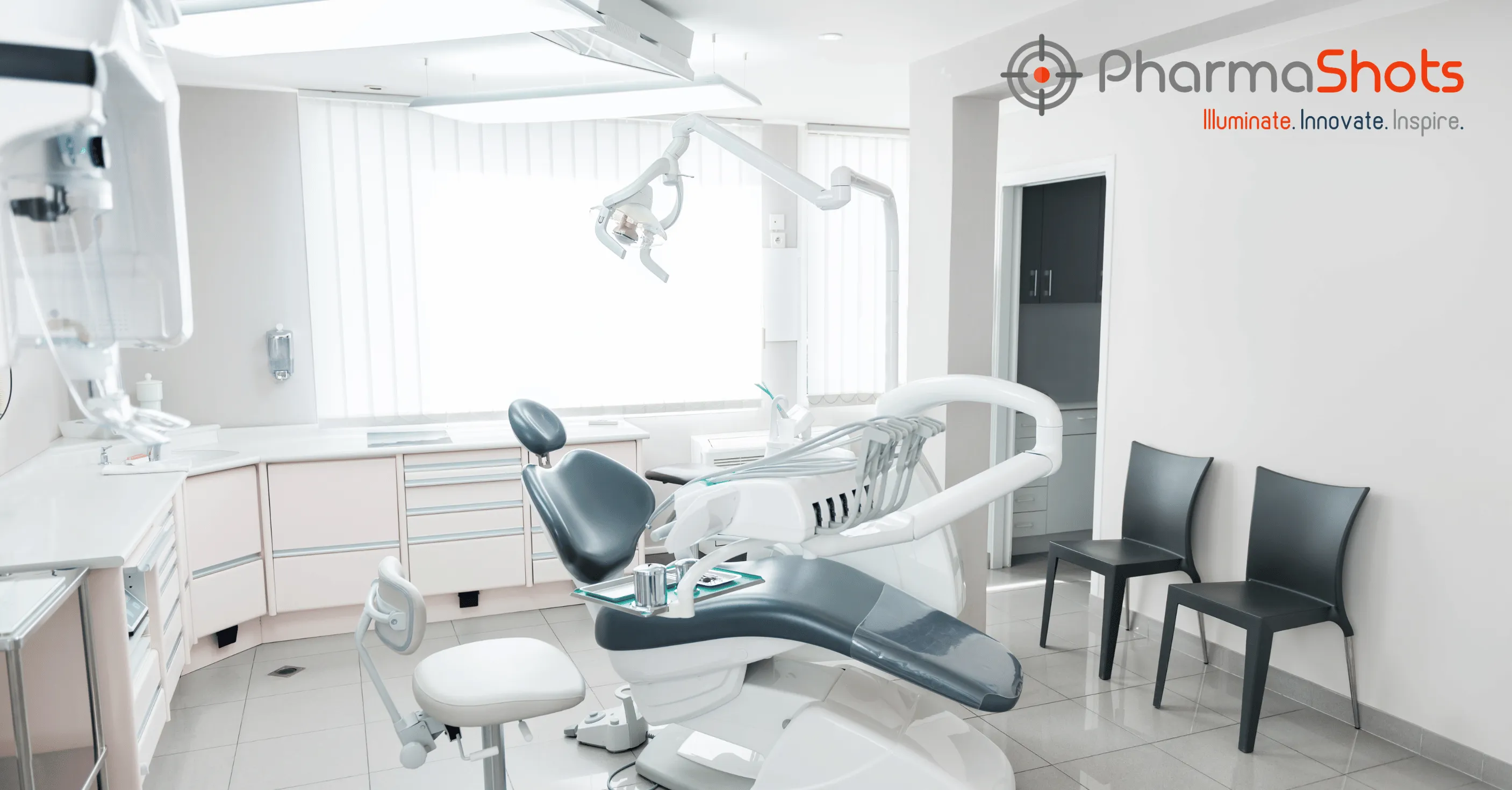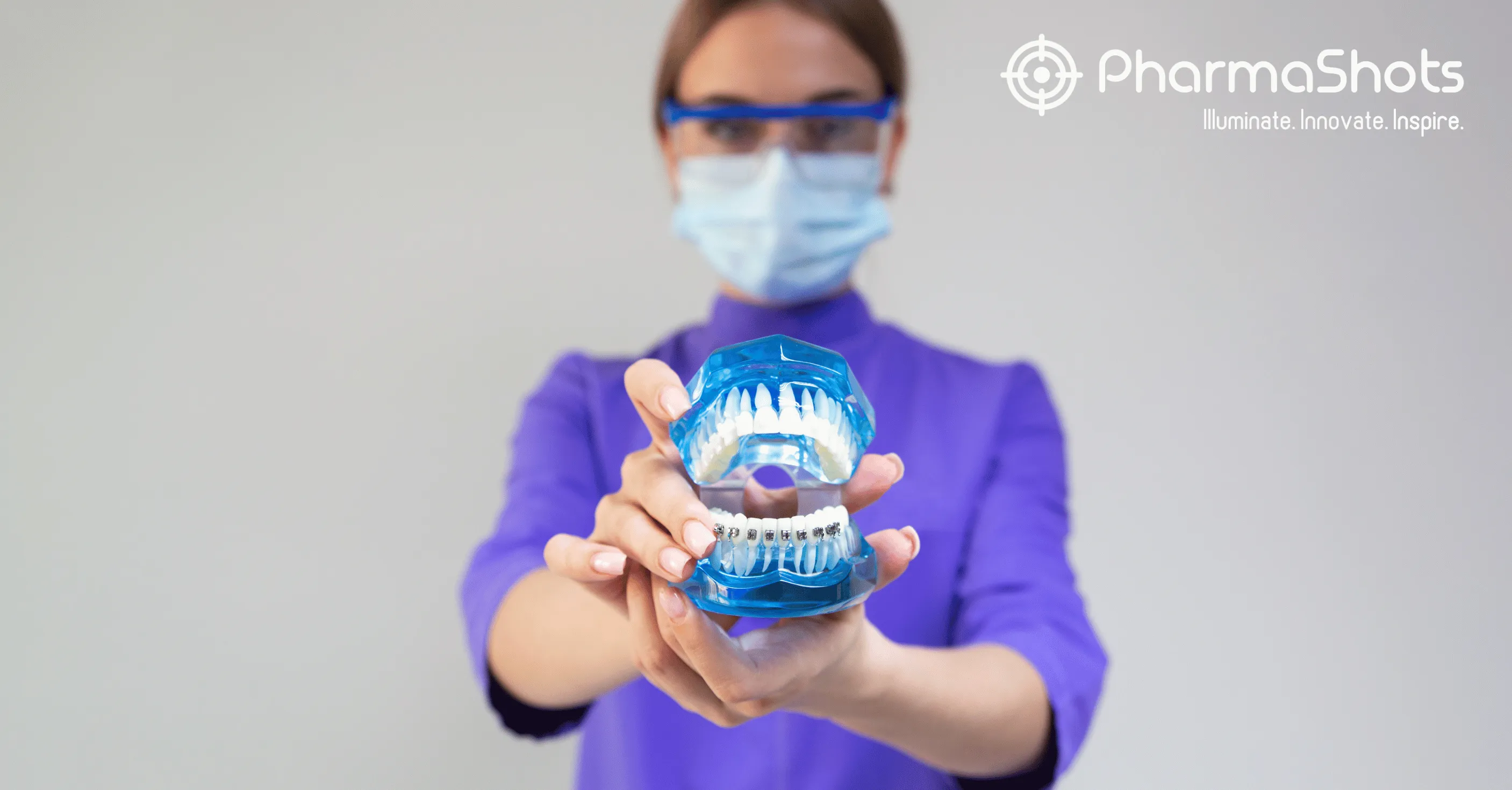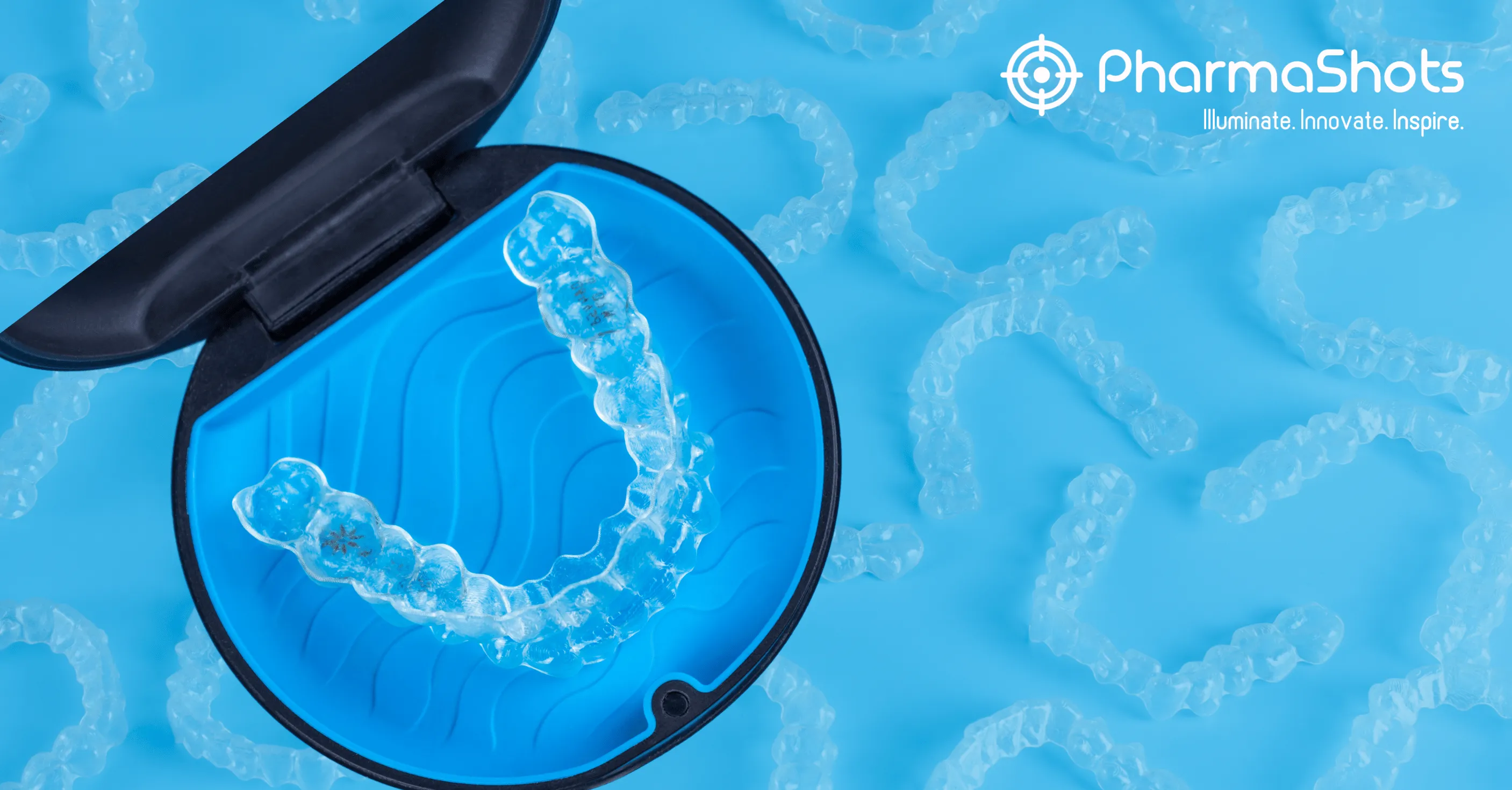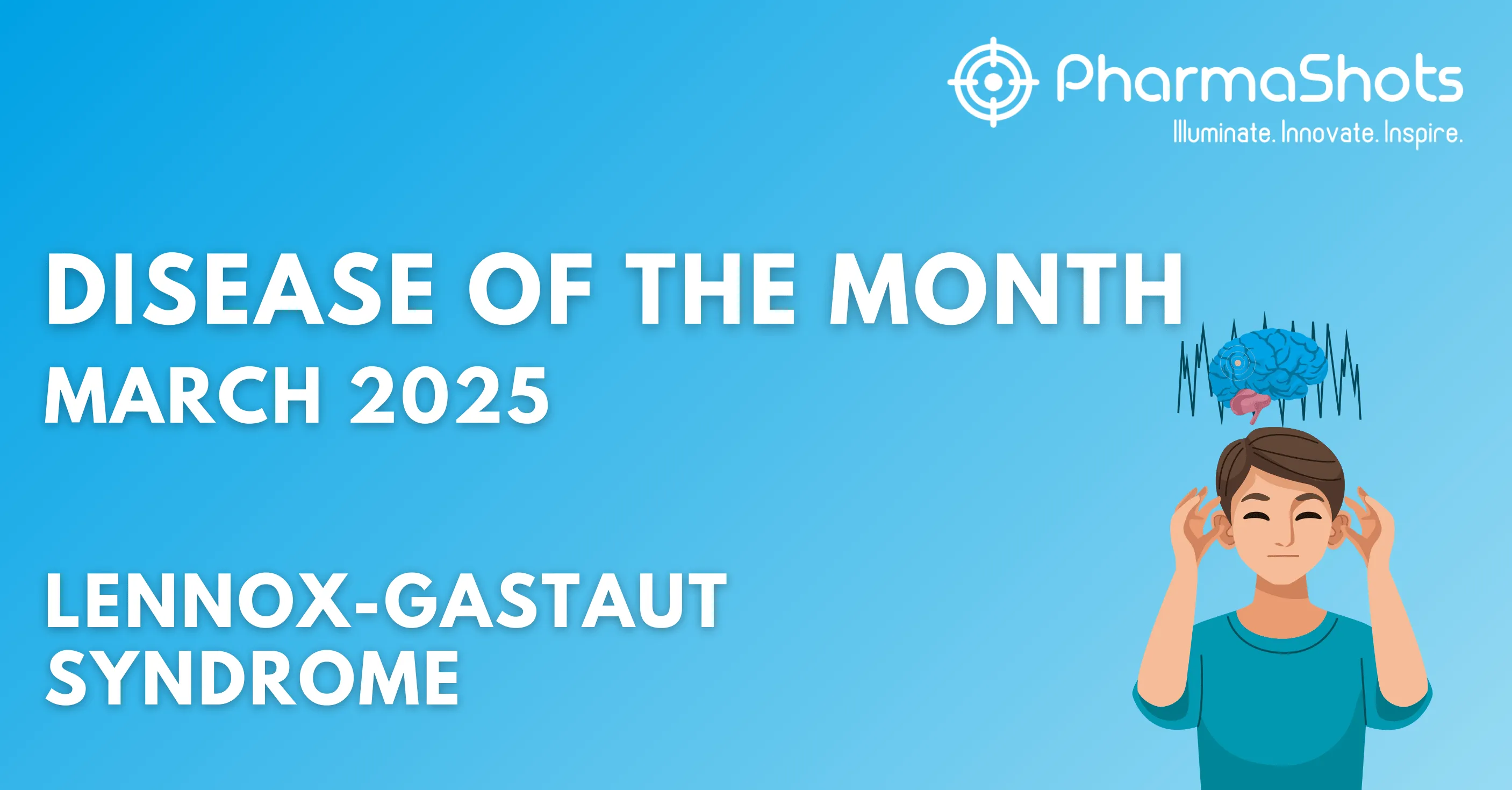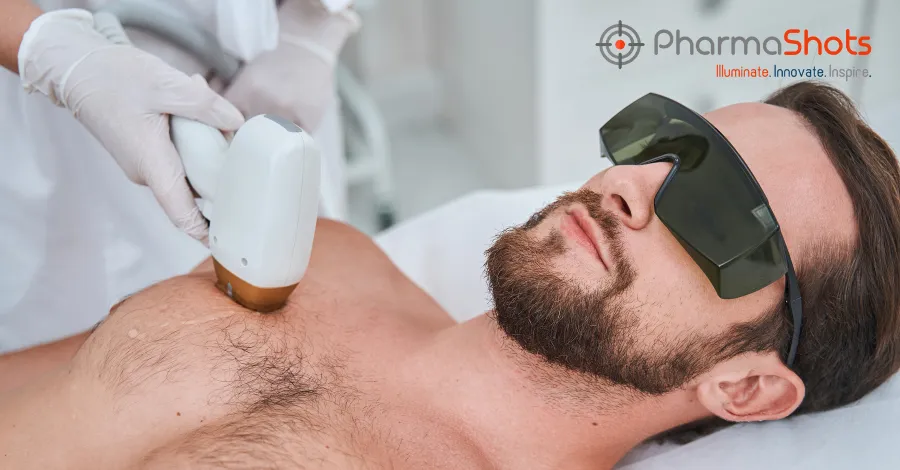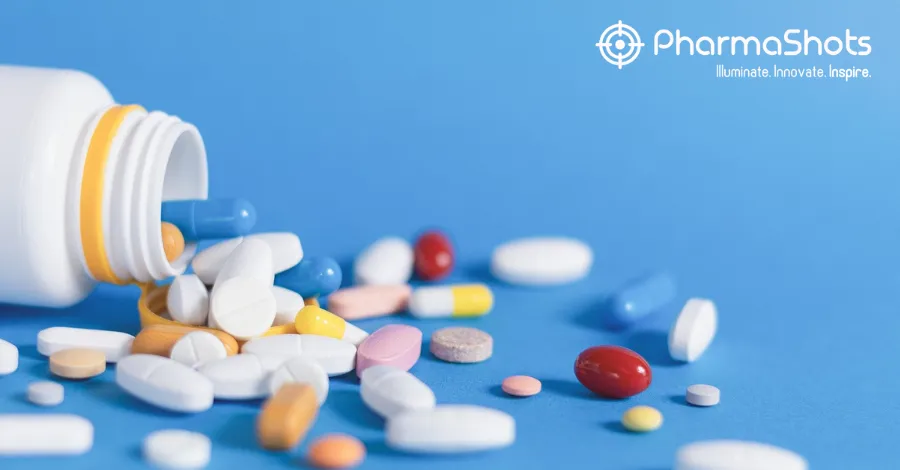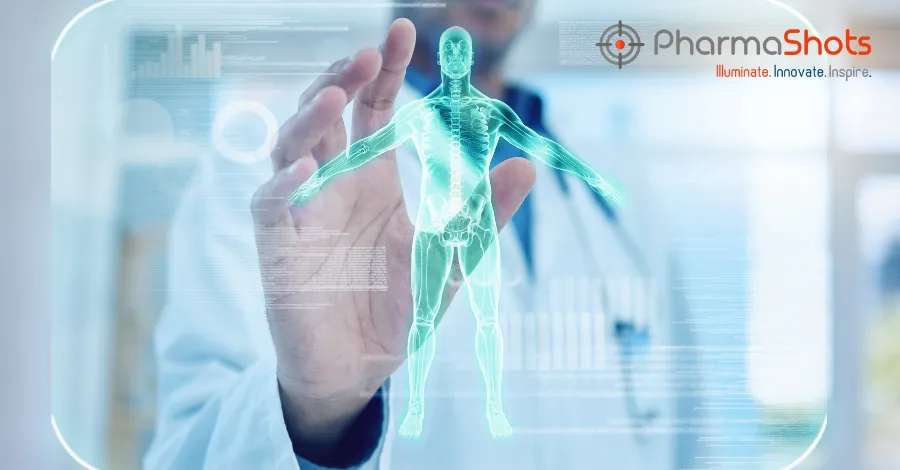
The Impact of Recent Pharmaceutical Advancements on Pregnancy and Neonatal Health
Over the past few decades, the realm of pharmaceutical science has witnessed groundbreaking innovations and research. These advancements, underpinned by interdisciplinary collaboration and technological leaps, have reshaped our understanding of myriad health conditions and expanded the possibilities of medical intervention. Particularly salient has been the impact on maternal and neonatal health. As researchers and clinicians delve deeper into the intricacies of conception, gestation, and neonatal development, there's a burgeoning optimism surrounding the safety and efficacy of pharmaceuticals. This article delves into the transformative role of recent pharmaceutical innovations in ensuring healthier pregnancies and bolstering neonatal outcomes.
1. Improved Fertility Treatments:
Fertility issues can be a source of anguish for many couples. The question of "how long does it take to get pregnant?" can loom large in their minds. Modern pharmaceuticals have refined treatments, improving success rates of interventions like in vitro fertilization (IVF) and intrauterine insemination (IUI). The introduction of better hormone therapies and drugs that stimulate ovulation has significantly increased the chances of pregnancy for many.
2. Prenatal Vitamins and Supplements:
Today’s prenatal vitamins and supplements are optimized with essential nutrients like folic acid, iron, and calcium. Recent formulations consider the latest research on maternal nutrition. For instance, the acknowledgment of the importance of DHA, an omega-3 fatty acid, has resulted in its inclusion in many prenatal supplements, supporting fetal brain development.
3. Medications for Pregnancy-Related Conditions:
Gestational diabetes, pre-eclampsia, and hyperemesis gravidarum are just a few conditions that can complicate pregnancies. The development of safer drugs to manage these conditions has meant fewer complications during pregnancy, ensuring healthier outcomes for both mothers and babies.
4. Improved Neonatal Medications:
Premature births can lead to a host of health concerns for neonates, including respiratory distress syndrome (RDS) and infections. Pharmaceuticals tailored for neonates, such as surfactant replacement therapy for RDS or more effective antibiotics, have dramatically reduced neonatal mortality rates.
5. Vaccination during Pregnancy:
Recent research supports the administration of certain vaccines during pregnancy, benefiting both the mother and fetus. The Tdap vaccine, for instance, protects neonates from whooping cough in their vulnerable first few months of life. The influenza vaccine, when administered during pregnancy, reduces the risk of flu-related complications for expecting mothers.
6. Reduction in Medication-Related Birth Defects:
Through advanced screenings and rigorous testing protocols, many drugs that posed teratogenic risks (i.e., they could cause birth defects) have been identified and replaced with safer alternatives. The medical community’s deeper understanding of pharmacokinetics during pregnancy ensures drugs are prescribed with the mother and fetus's safety in mind.
7. Enhanced Postpartum Medications:
Postpartum depression (PPD) is a concern that resonates deeply with many new mothers, affecting their emotional well-being and their ability to bond with their newborns. Thankfully, the pharmaceutical industry has recognized this pressing need. The recent introduction of drugs specifically designed to address PPD, such as brexanolone, has been transformative. These medications not only provide symptomatic relief but also play a pivotal role in promoting healthier mother-child interactions. Furthermore, ongoing research and development promise even more effective treatments in the near future, ensuring that postpartum mental health receives the comprehensive attention it deserves.
8. Personalized Medicine for Pregnant Women:
In the age of personalized medicine, pharmaceuticals are increasingly being tailored to individual needs. Pregnancy is no exception. Genome sequencing and other diagnostic tools can identify specific risks and health tendencies, allowing medical professionals to prescribe medications uniquely suited to an individual's genetic makeup. For instance, if a pregnant woman has a genetic predisposition to clotting disorders or certain nutritional deficiencies, personalized treatment plans can be devised. This targeted approach ensures that both the mother and the fetus receive optimal care, mitigating potential health complications.
9. Enhanced Drug Delivery Systems:
Traditional drug delivery methods sometimes present challenges during pregnancy, especially when aiming to target the fetus without subjecting the mother to high doses of medication. Advancements in drug delivery systems, such as nanoparticle-based methods or localized delivery devices, ensure that medications reach their intended target efficiently. For example, if a fetus shows signs of a specific deficiency or disorder, targeted drug delivery can administer therapeutic agents directly to the fetus or the placenta, minimizing potential side effects for the mother. This precision not only increases the effectiveness of treatments but also enhances the safety profile of pharmaceutical interventions during pregnancy.
Conclusion
The contemporary pharmaceutical landscape is a testament to the dedication and ingenuity of countless researchers, clinicians, and healthcare professionals. Their collective efforts have ushered in a new era where maternal and neonatal health is increasingly fortified by cutting-edge treatments, preventive measures, and personalized interventions. These advancements not only promise healthier pregnancies but also lay the groundwork for newborns to thrive from their very first breath. As we look towards the future, there is great anticipation for further innovations that will continue to elevate the standards of care and improve outcomes. The nexus of research, technology, and clinical practice is undoubtedly charting a course towards a more promising and secure horizon for mothers and their newborns.
Related Post: Medication-Assisted Recovery: Enhancing Outcomes In Dual Diagnosis Scenarios
Tags

Derrick Meeks is a dedicated health writer with expertise in a range of medical subjects. His evidence-based articles have made him a trusted voice in the healthcare community. Outside of writing, Derrick enjoys hiking and delving into holistic wellness practices.





